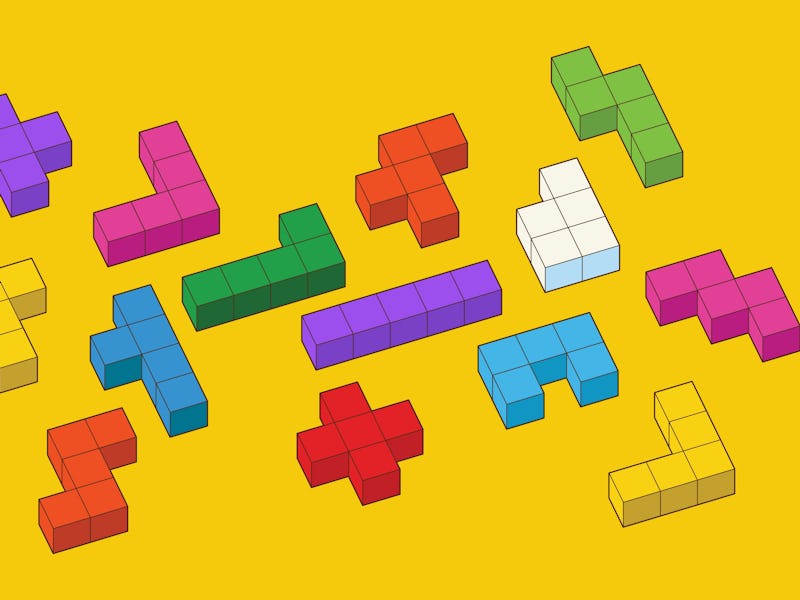You need to play the best Tetris knockoff on Nintendo Switch ASAP
Line ‘em up!

Games in the 1980s created successful templates that reverberated for years, if not decades, afterward. There’s Double Dragon and Mario, but one of the most successful templates in gaming history has to be Tetris. Once the game moved beyond the borders of the Soviet Union, the excitable forces of capitalism moved quickly to make Tetris a global phenomenon. And then Alexey Pajitnov got to experience another form of capitalism: the knock-off.
The Tetris knock-offs came fast and furious in the wake of Tetris, but that’s not all bad. Some of them, like Sega’s 1990 game Columns, are pretty fun in their own right. The game, which is available right now if you’ve subscribed to Nintendo Switch Online + Expansion Pack, has an unusual history and clever twists on the Tetris model.
Columns joined Nintendo Switch Online in December 2022.
Columns wasn’t developed in-house by Sega, or within the larger video game world. Rather, it was designed in 1989 by a Hewlett-Packard software engineer named Jay Geersten. Like Pajitnov at the Soviet Academy of Sciences, Geersten’s job did not initially revolve around games. He was working on porting a graphical application to the X Window System, also known as X11, a form of the graphic user interface.
If that sounds like it might be boring, it was. After struggling to stay focused through a dull X11 tutorial, Geersten decided that “programming a simple real-time game would be more interesting and fun,” he told Retro Gamer in 2019. Geersten was aware of Tetris, but just as Pajitnov based his game around the childhood game of tetrominoes, Geersten based his around tic-tac-toe.
You only need three gems in a row for a clear in Columns. And those lines can come in three ways: vertical, horizontal, and diagonal. Gems drop down after a clear, allowing for a cascading effect. The catch is that the gems only come down vertically, in, you guessed it, columns. You can alter the order of the gems a couple times, but that’s all.
Columns!
Any experienced Tetris player can tell you that much of the game’s action comes when a piece has already landed in a row. The game allows for a certain amount of last-minute shuffling that can be crucial to getting a piece to fit just right. Columns are more unforgiving in this regard since the pieces can’t be moved horizontally. Once a piece has landed, a player can alter their gem order once, maybe twice, but that’s it.
But once you get the hang of things, the game’s perks start to emerge. Diagonal clears are a delight and allow for comebacks. Several times I thought my game might be over, but one small clear led to many, including several I hadn’t even seen. For a game that started off in arcades and was then ported to console, Columns can be forgiving, although like Tetris it gets more challenging as it speeds up.
Geersten originally wanted the game to get more complex as it went on, as opposed to faster. After having developed the game on the clock for HP, he shared it with his supervisors. Eventually, it made its way to shareware, and then a lawyer found Geersten and bought the non-exclusive rights from HP. The lawyer then sold it to Sega, eager to catch up to Nintendo in all things, including puzzle games.
Now that’s some regal cover art!
Geersten had no real problems letting his baby go, content with the plaque HP gave him in recognition. “I was a pretty happy software developer and didn’t want to take time away from my career or family,” he told Retro Gamer, content to let Sega add some lore about ancient Greeks and change his initial tiles into gemstones.
Geersten’s creation mirrors Pajitnov’s in more ways than one, and the game would go on to become the default puzzler for many Sega fans. While it didn’t change the course of history like the first game did, it remains a lot of fun.